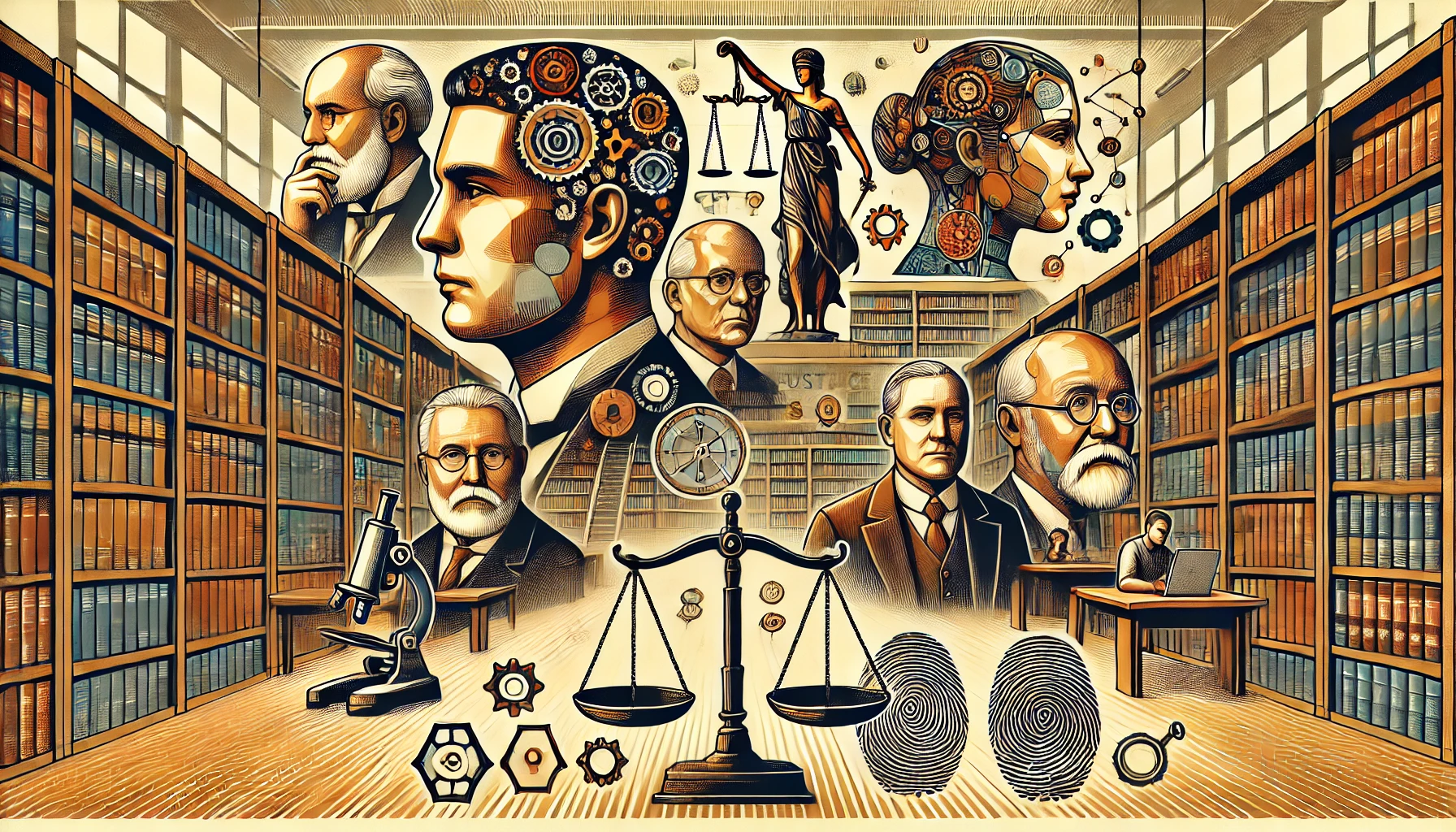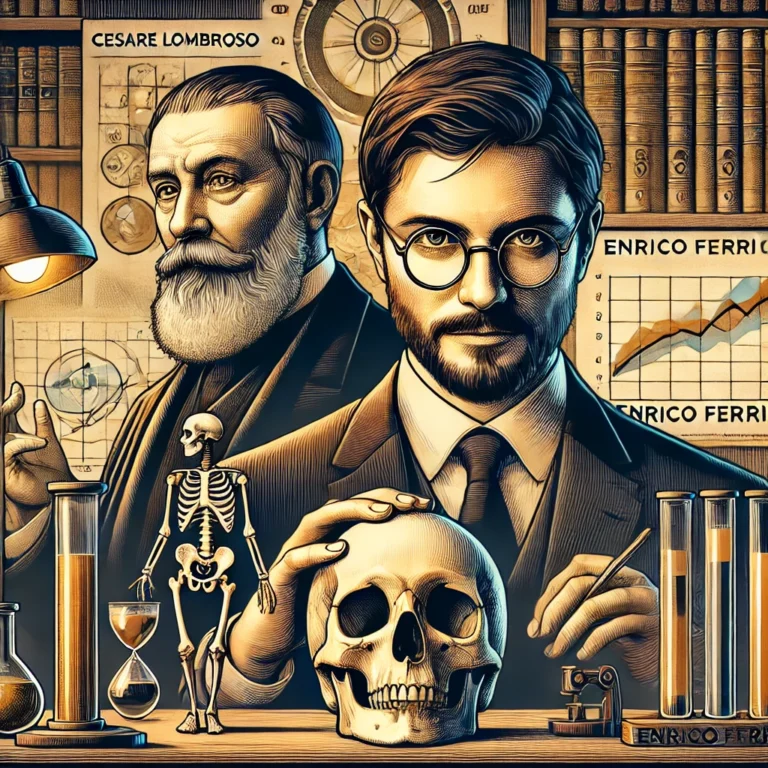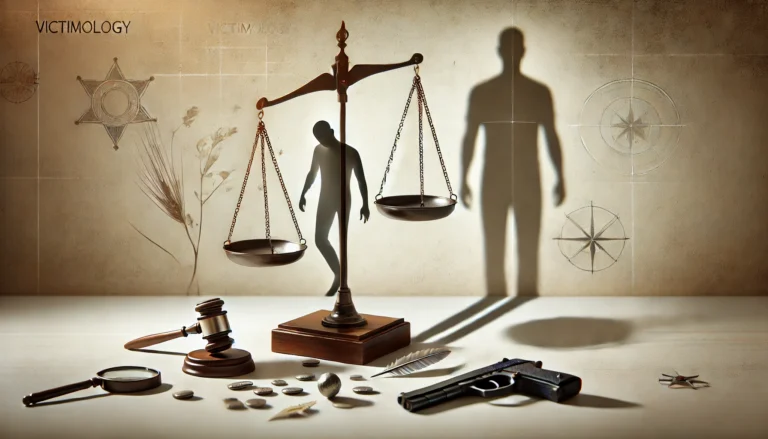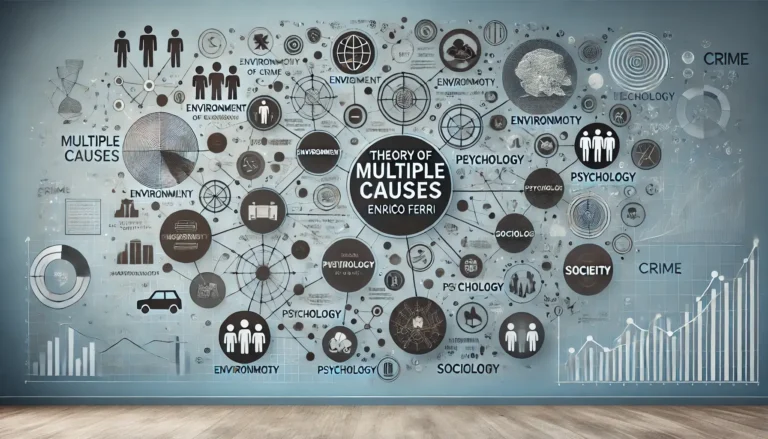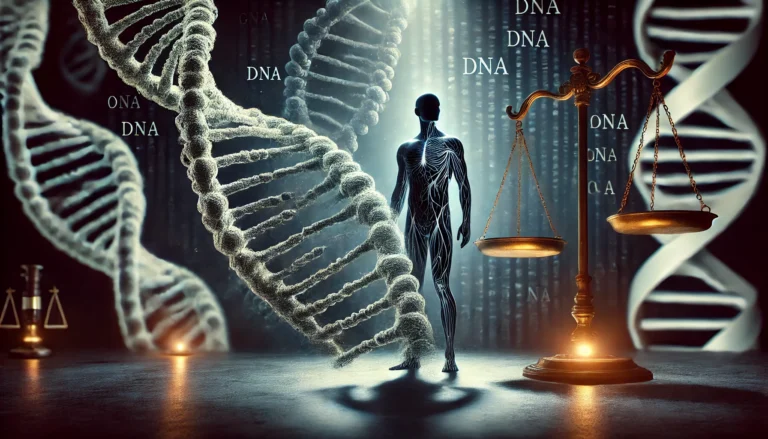Prominent Thinkers in Criminology: Their Impact on Modern Studies
Introduction
Criminology has evolved significantly over the centuries, shaped by the groundbreaking work of thinkers who sought to understand and address crime. These pioneers laid the foundation for contemporary criminological theories and practices. This article delves into the contributions of prominent criminologists and their enduring impact on modern studies.
1. Cesare Beccaria: The Enlightenment Visionary
- Major Work: On Crimes and Punishments (1764)
- Key Contributions:
- Advocated for proportionate punishment and the abolition of torture.
- Introduced the principle of deterrence, emphasizing that punishment should prevent future crimes.
- Impact: Beccaria’s ideas form the cornerstone of classical criminology, influencing criminal justice reforms worldwide.
2. Cesare Lombroso: The Father of Criminology
- Major Work: The Criminal Man (1876)
- Key Contributions:
- Proposed that criminality is biologically determined, identifying physical traits linked to criminal behavior.
- Initiated the positivist school of criminology, focusing on scientific approaches to studying crime.
- Impact: Lombroso’s work, though controversial, spurred research into the biological and psychological aspects of crime.
3. Émile Durkheim: The Sociological Pioneer
- Major Work: The Division of Labor in Society (1893)
- Key Contributions:
- Viewed crime as a normal aspect of society, necessary for social evolution.
- Introduced the concept of anomie, explaining how societal changes lead to deviance.
- Impact: Durkheim’s theories remain foundational in understanding the social structures influencing crime.
4. Edwin H. Sutherland: The Father of White-Collar Crime
- Major Work: Principles of Criminology (1939)
- Key Contributions:
- Developed the theory of differential association, emphasizing the role of social interactions in learning criminal behavior.
- Coined the term “white-collar crime,” highlighting crimes committed by individuals in professional settings.
- Impact: Sutherland’s work expanded criminology’s focus to include non-violent and corporate crimes.
5. Robert K. Merton: The Innovator of Strain Theory
- Major Work: Social Structure and Anomie (1938)
- Key Contributions:
- Proposed that societal pressure to achieve success creates strain, leading to deviant behavior.
- Identified five modes of individual adaptation to societal goals, including conformity and innovation.
- Impact: Merton’s strain theory is widely applied in studies of social inequality and crime.
6. Travis Hirschi: The Proponent of Social Bond Theory
- Major Work: Causes of Delinquency (1969)
- Key Contributions:
- Argued that strong social bonds deter individuals from committing crimes.
- Identified four elements of social bonds: attachment, commitment, involvement, and belief.
- Impact: Hirschi’s theory underscores the importance of community and family in crime prevention.
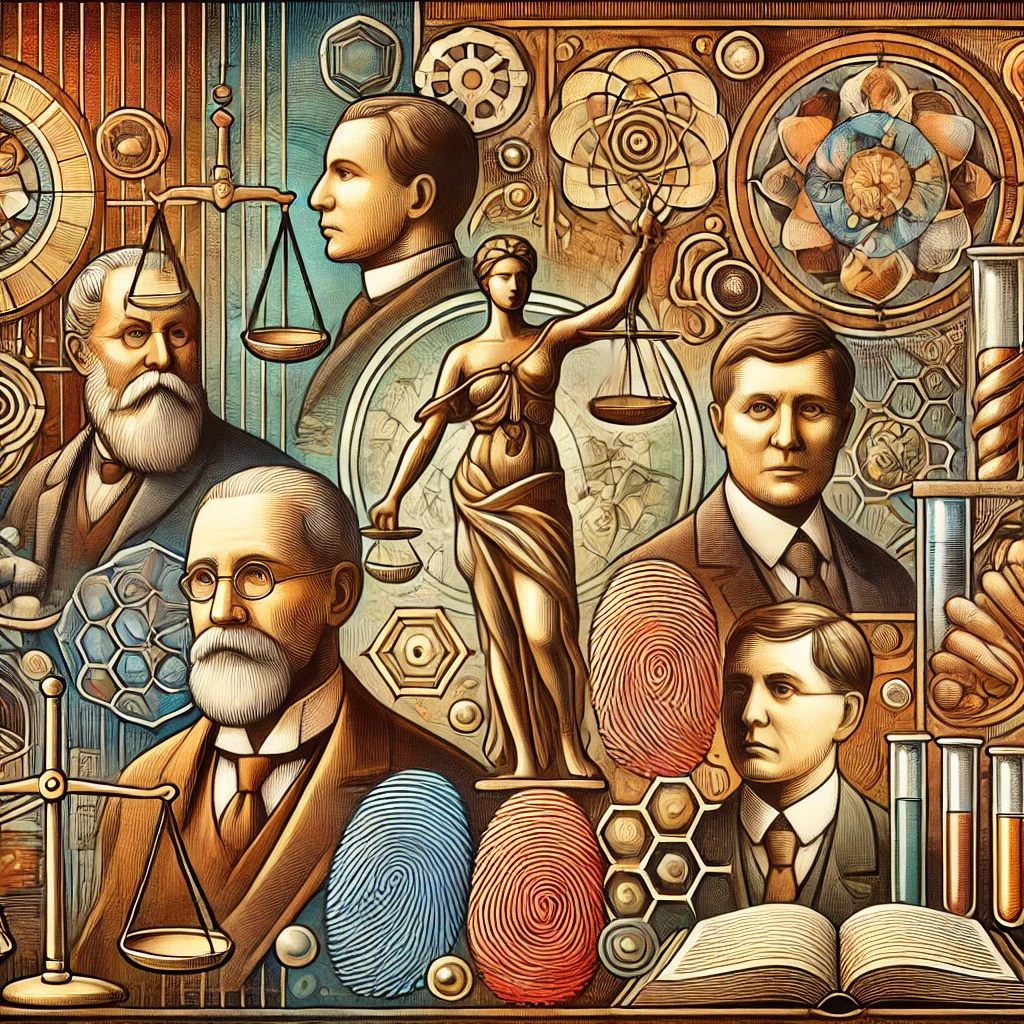
7. Howard Becker: The Labelling Theorist
- Major Work: Outsiders (1963)
- Key Contributions:
- Impact: Becker’s work influenced policies aimed at reducing stigmatization of offenders.
8. Michel Foucault: The Critic of Power and Punishment
- Major Work: Discipline and Punish (1975)
- Key Contributions:
- Critiqued the evolution of penal systems, linking power dynamics to control mechanisms.
- Explored the societal implications of surveillance and discipline.
- Impact: Foucault’s theories have inspired critical criminology and discussions on mass incarceration.
9. Contemporary Thinkers and Emerging Trends
- John Braithwaite: Advocated for restorative justice, emphasizing reconciliation over punishment.
- Kathleen Daly: Focused on feminist criminology, addressing gender disparities in crime and justice.
- Elliott Currie: Explored the relationship between social policies and crime prevention.
Conclusion
The contributions of these criminological thinkers have profoundly shaped modern studies and practices. From Beccaria’s classical principles to Foucault’s critiques, their ideas continue to inform policies, research, and reforms in criminal justice. Understanding their work offers valuable insights into the multifaceted nature of crime and its solutions.

